Top Java Books to Learn Java Programming
Free Java courses with 37 real-time projects - Learn Java
In this Java Tutorial, we will learn about best Java Books to learn Java language. Also, will study Java Books for beginners and experienced professionals. This Java Books tutorial lists out the best and most preferable books available to learn Java in a self-paced manner. Moreover, we will try to cover all Java books from basic to advance Java programming language.
So, let’s start Java Books Tutorial.
“Books are a Passport to all Kinds of Knowledge, Intelligence, and Wisdom”.
What is Java Programming Language?
Java is a programming Language. It is created by James Gosling from Sun Microsystems (Sun) in 1991. The main thing about learning java is that it writes the program once. Then it runs this program on multiple operating systems.
Let’s revise the features of Java.
Best Java Books
Following are the list of advance Java books, let’s discuss them one by one:
i. Head First Java
For making the learning and memorizing tasks easier, this book contains mysterious problems, numerous puzzles, striking visuals, and particular soul-searching interviews for making the computer programming more playful and engaging. The book is a good choice for new programmers and those who want to improve their programming knowledge.
ii. Introduction to Programming Using Java, the 7th Edition
iii. Java: The Legend
The book covers several topics like, How Java has provided benefits from early design decisions, including “Write Once, Run Anywhere” and an insistence on backward compatibility, the effect of open source, the great success and continued requirement of the Java Virtual Machine and platform, the rise of Enterprise Java and the launch of the Java developer community and ecosystem.
iv. Introduction to Programming Using Java, Sixth Edition
The sixth edition needs Java 5.0 and can also be utilized with later versions of java. Almost all the examples in the book will run with Java 5.0, but some characteristics from later versions of Java are also covered. You will detect many Java applets on the web pages that create this book, and most of those applets need Java 5.0 or higher to run.
v. Java – A Beginner’s Guide
The author begins with the basic aspects, such as the process to create, compile, and function a Java program. He then covers the keywords, syntax, and constructs that create the core of the Java language. You will also learn some of Java’s more advanced features, like generics, multithreaded programming, and Swing.
vi. Object-Oriented vs. Functional Programming
You will learn how lambdas create OOP languages better suitable for dealing with parallelism and concurrency, get to know the process of SOLID—OOP’s five basic principles of programming—map to functional languages and paradigms, find certain common OOP design patterns and how they remain in the functional world.
vii. Java 8 in Action: Lambdas, Streams, and functional-style programming
What’s Inside:
- How to use Java 8’s powerful new java features.
- Writing effective multicore-ready java applications.
- Refactoring, testing, and also debugging of java.
- Adopting functional-style programming in java.
- Java Quizzes and quick-check questions.
viii. Java Cookbook: Solutions and Examples for Java Developers
Basically, this book includes:
- Java methods for compiling, running, and debugging;
- Manipulating, comparing, and rearranging text in java;
- Java Regular expressions for string- and pattern-matching;
- Handling numbers, dates, and times in Java;
- Structuring data with collections, arrays, and other types in Java;
- Java Object-oriented and functional programming techniques;
- Java Directory and filesystem operations.
- Working with graphics, audio, and video in Java
ix. Java: The Complete Reference (Ninth Edition)
The author describes the complete Java language, like its syntax, fundamental programming principles, keywords, and significant parts of the Java API library. Examining the JavaBeans, Swing, applets, servlets, and real-world examples show Java in action. It also includes New Java SE 8 features like the default interface method, the stream library, lambda expressions are discussed in detail. It also provides a basic introduction to JavaFX.
x. Core Java Volume I — Fundamentals (9th Edition)
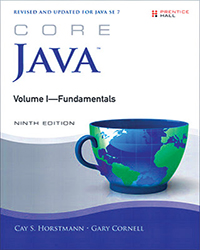 by Cay S. Horstmann & Gary Cornell
by Cay S. Horstmann & Gary Cornell
The book is for advanced programmers. This reliable, unbiased book focuses on key Java language and library features with strong tested code examples. As in previous editions, all code is easily understandable, shows modern best practices, and is specifically created to help in the quick start of your projects. It quickly brings you with Java SE 7 core language enhancements, like the catching of multiple exceptions diamond operator, and improved resource handling.
xi. Effective Java 2nd Edition
Basically, these best practices are divided into 11 different sections. So, I would recommend you to read this book.
xii. Java SE8 for the Really Impatient
Particularly, You’ll learn about concurrent programming techniques. Also, how to make these changes in the SE8 release(and later). Although, It’s very detailed books. Hence, not good for beginners.
xiii. Beginning Programming with Java For Dummies
As this book is currently in its 4th edition. That covers all the fundamentals of basic Java. Particularly in this book, you will learn everything step by step. That first learn how to install Java, how to run and compile the code.
xiv. Java Programming 24-Hour Trainer
The book will help you learn the building blocks that suits any Java project, ease the writing code through the Eclipse tools, understand to join Java applications to databases, create graphical user interfaces and web applications and learn to design GUIs with JavaFX.
xv. Java Performance: The Definitive Guide
You will learn to implement four principles for gaining the best results from performance testing, utilize JDK tools to gather data on how a Java application performs, learn the advantages and disadvantages of utilizing a JIT compiler, adjust JVM garbage collectors to modify programs, a little bit.
xvi. Java Programming
The book helps users learn the many ways one can run in Java. This book is both a useful reference and an introductory guide on Java and related technologies. The difficulty of the context increases, related to the lessons learned in the previous chapters. Freshers should, therefore, begin from the starting and move forward in a sequence for the whole material of the book.
xvii. TCP/IP Sockets in Java
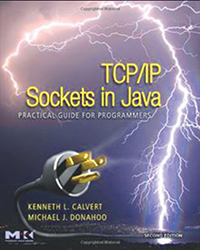 by Kenneth L. Calvert & Michael J. Donahoo
by Kenneth L. Calvert & Michael J. Donahoo
The book covers many new classes and capabilities shown in the last chapters of the Java platform. It helps the reader learn the tasks and techniques important to virtually all client-server projects through Java sockets.
xviii. Learn Java in One Day and Learn It Well
The book has a unique project in the last part of the book that needs the application of all the concepts covered previously. Functioning through the project, will not only provide you a great sense of achievement but it will also facilitate the knowledge and expertise in language.
So, this was all about Java Books Tutorial. Hope you like our explanation.
Choosing the Right Book for You
With a vast selection of Java books available, picking the most suitable one can feel overwhelming. Beginners should prioritize clear explanations, practical examples, and a focus on core Java syntax and object-oriented programming principles. Consider “Head First Java” or “Beginning Programming with Java For Dummies” for their approachable styles.
As your knowledge progresses, delve into books that cover Java 8 features like lambdas and streams or explore advanced topics like performance optimization. “Java 8 in Action” or “Java Performance: The Definitive Guide” can be excellent resources for experienced programmers.
Summary
As a result, we have finally studied Java books for the learning Java language. As this java programming books contain so many books that are for freshers as well as experienced. Moreover, these all Java books are best and popular in 2018. Furthermore, if you feel any query, feel free to ask in the comment section.
Your opinion matters
Please write your valuable feedback about DataFlair on Google
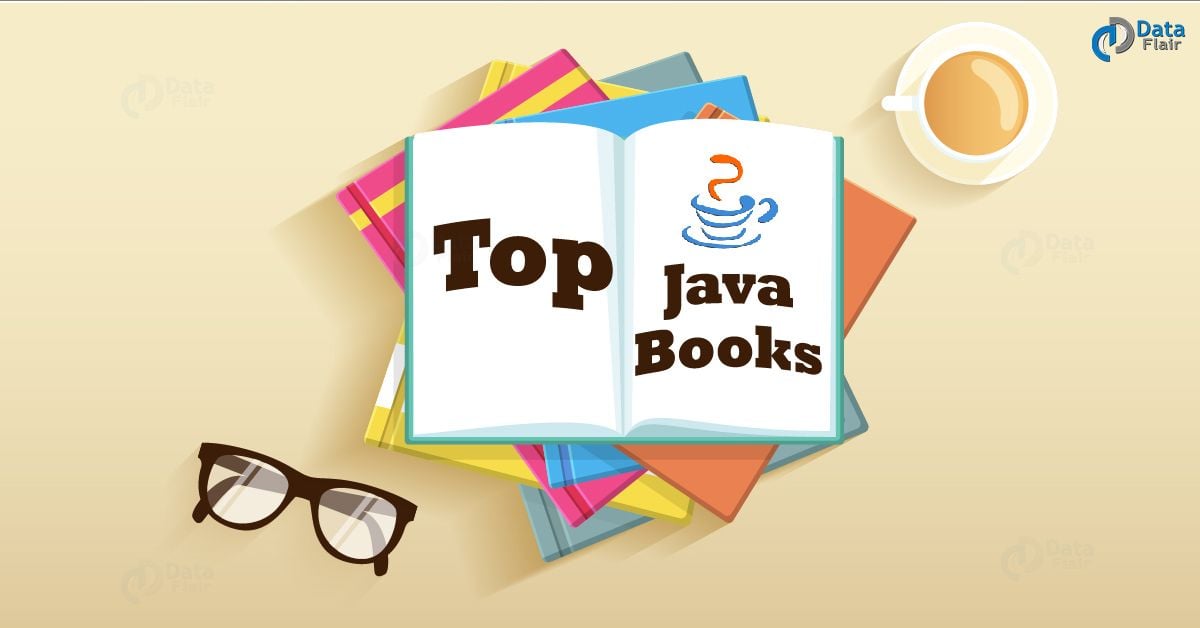
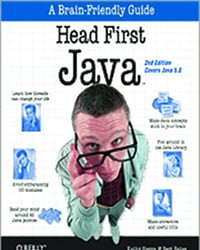
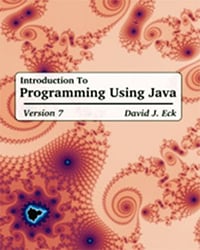
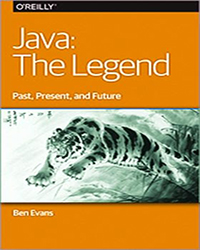
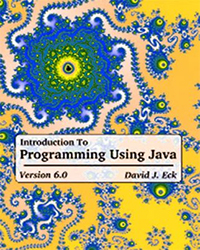
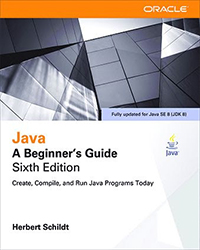
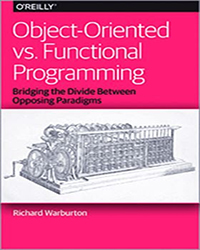
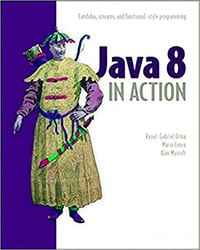
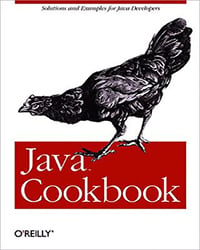
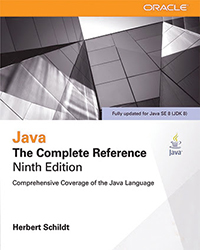
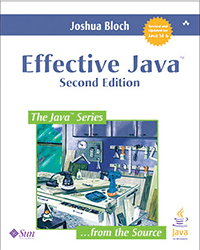

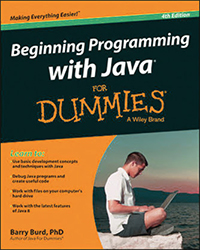
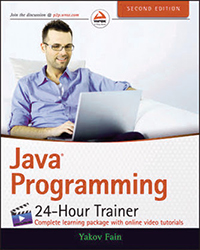
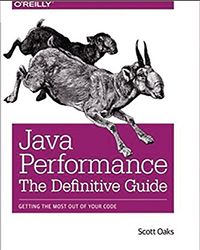
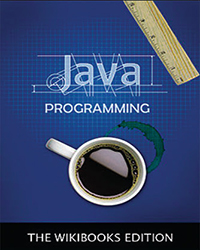
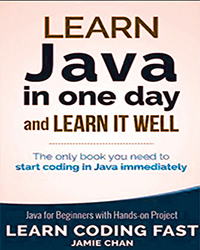


I got such a good information on this topic its very interesting one.
An excellent selection of books.
My favorite books are:
1. Beginning Programming with Java For Dummies
2. Head First Java by Kathy Sierra & Bert Bates
3. Java For Complete Beginners by Mohammed Abdelmoniem